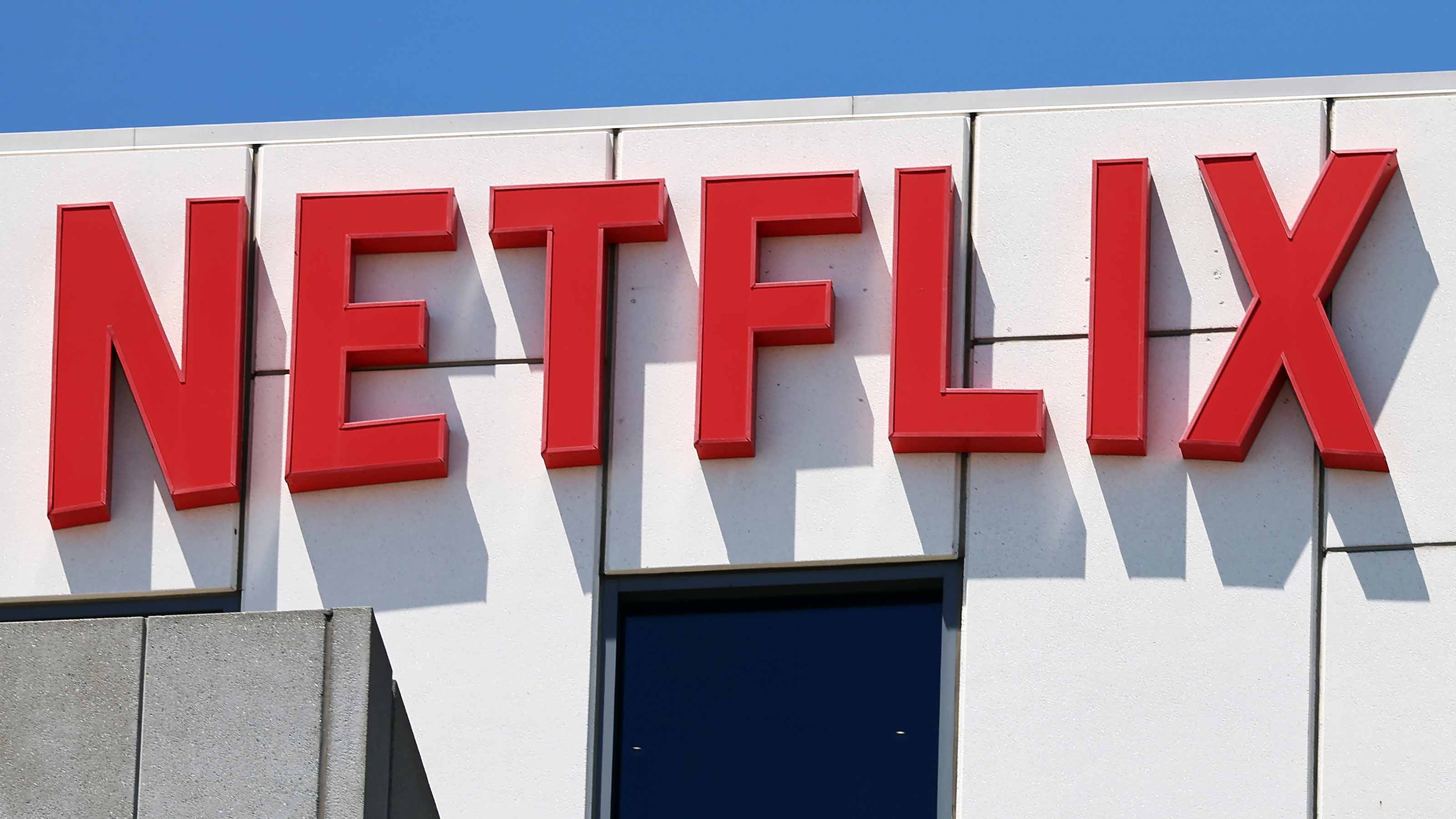Financial Planning We Can Afford
You don't have to be a wealthy baby boomer to hire a financial adviser.


Profit and prosper with the best of Kiplinger's advice on investing, taxes, retirement, personal finance and much more. Delivered daily. Enter your email in the box and click Sign Me Up.
You are now subscribed
Your newsletter sign-up was successful
Want to add more newsletters?

Delivered daily
Kiplinger Today
Profit and prosper with the best of Kiplinger's advice on investing, taxes, retirement, personal finance and much more delivered daily. Smart money moves start here.

Sent five days a week
Kiplinger A Step Ahead
Get practical help to make better financial decisions in your everyday life, from spending to savings on top deals.

Delivered daily
Kiplinger Closing Bell
Get today's biggest financial and investing headlines delivered to your inbox every day the U.S. stock market is open.

Sent twice a week
Kiplinger Adviser Intel
Financial pros across the country share best practices and fresh tactics to preserve and grow your wealth.

Delivered weekly
Kiplinger Tax Tips
Trim your federal and state tax bills with practical tax-planning and tax-cutting strategies.

Sent twice a week
Kiplinger Retirement Tips
Your twice-a-week guide to planning and enjoying a financially secure and richly rewarding retirement

Sent bimonthly.
Kiplinger Adviser Angle
Insights for advisers, wealth managers and other financial professionals.

Sent twice a week
Kiplinger Investing Weekly
Your twice-a-week roundup of promising stocks, funds, companies and industries you should consider, ones you should avoid, and why.

Sent weekly for six weeks
Kiplinger Invest for Retirement
Your step-by-step six-part series on how to invest for retirement, from devising a successful strategy to exactly which investments to choose.
COVID-19 was a gut punch to everyone’s finances, but millennials were hit particularly hard. In an August 2020 Vanguard survey, 57% of millennials reported that COVID-19 had a negative effect on their finances. Now millennials, myself included, are ready for a financial reset, and for some that means finding a financial planner. More than 50% of millennials haven’t received any professional financial advice, but they’re increasingly interested in talking to a planner, according to the same survey. However, good help can be hard to find.
Financial planners across the board agree that lack of financial assets is one of the biggest barriers that millennials face when seeking help. A traditional money management firm may require clients to have at least $250,000 (or more) in investments—and usually bases its fees on assets under management. And even though online brokers and robo advisers may have low-minimum and low-cost options, they tend to focus on investing rather than providing advice on issues such as how to pay off your student loans. (See more on robo advisers.)
Plus, the internet, including social media, has caused confusion about what constitutes financial planning. “Millennials are being exposed to apps that focus only on investing as opposed to holistic financial planning,” says Marsha Barnes, founder of The Finance Bar, a website that provides financial coaching and education. “These apps appear to help you build wealth, but they miss certain areas of financial planning, such as living on a budget, net worth and taxes.” Worse, social media influencers may promote risky investments without disclosing conflicts of interest, says Chris Struckhoff, a registered investment adviser and founder of Lionheart Capital Management.
From just $107.88 $24.99 for Kiplinger Personal Finance
Become a smarter, better informed investor. Subscribe from just $107.88 $24.99, plus get up to 4 Special Issues

Sign up for Kiplinger’s Free Newsletters
Profit and prosper with the best of expert advice on investing, taxes, retirement, personal finance and more - straight to your e-mail.
Profit and prosper with the best of expert advice - straight to your e-mail.
Subscribe and thrive. To offer true financial planning at a price that millennials can afford, planners are turning to services such as Netflix and Hulu for inspiration: Customers pay a set amount each month to receive a certain level of service. Since 2014, XY Planning Network has provided a platform for financial advisers to use this model to provide affordable financial planning services to young adults. Monthly subscriptions vary, with some advisers basing their price on your income. (Some planners in the network are also offering pro bono financial planning services to people who have been adversely affected by the pandemic.)
“Originally, I wanted to follow the assets-under-management model, but it’s not practical for most younger clients,” says Jovan Johnson, a certified financial planner and founder of Piece of Wealth Planning, which provides subscription services. “With the subscription model, clients can include the monthly fee in their budget,” he says. Johnson starts with a free 45-minute consultation to determine your goals and see if his services are a good fit. Services cost $200 a month, and clients can cancel at any time.
A few planners are tinkering with the idea of small financial communities. Lori Atwood, a CFP and founder of Atwood Financial Planning (AFP), discovered that millennials often want confirmation that their finances are on track, and many thrive in a group. With AFP’s small group planning courses, participants are encouraged to exchange ideas with peers while a financial planner guides each of the five sessions. The cost is $250, with no other commitments.
Whether you work better in a group or one-on-one, it’s important to make financial planning a priority. For myself, I know I can shift some of my shopping energy to finding and paying for a financial planner. If you’re interested in hiring a planner—someone you met through your parents, for example—ask whether the adviser offers a payment plan you can afford.
Profit and prosper with the best of Kiplinger's advice on investing, taxes, retirement, personal finance and much more. Delivered daily. Enter your email in the box and click Sign Me Up.

Rivan joined Kiplinger on Leap Day 2016 as a reporter for Kiplinger's Personal Finance magazine. A Michigan native, she graduated from the University of Michigan in 2014 and from there freelanced as a local copy editor and proofreader, and served as a research assistant to a local Detroit journalist. Her work has been featured in the Ann Arbor Observer and Sage Business Researcher. She is currently assistant editor, personal finance at The Washington Post.
-
 Ask the Tax Editor: Federal Income Tax Deductions
Ask the Tax Editor: Federal Income Tax DeductionsAsk the Editor In this week's Ask the Editor Q&A, Joy Taylor answers questions on federal income tax deductions
-
 States With No-Fault Car Insurance Laws (and How No-Fault Car Insurance Works)
States With No-Fault Car Insurance Laws (and How No-Fault Car Insurance Works)A breakdown of the confusing rules around no-fault car insurance in every state where it exists.
-
 7 Frugal Habits to Keep Even When You're Rich
7 Frugal Habits to Keep Even When You're RichSome frugal habits are worth it, no matter what tax bracket you're in.
-
 Money for Your Kids? Three Ways Trump's ‘Big Beautiful Bill’ Impacts Your Child's Finances
Money for Your Kids? Three Ways Trump's ‘Big Beautiful Bill’ Impacts Your Child's FinancesTax Tips The Trump tax bill could help your child with future education and homebuying costs. Here’s how.
-
 Key 2025 Tax Changes for Parents in Trump's Megabill
Key 2025 Tax Changes for Parents in Trump's MegabillTax Changes Are you a parent? The so-called ‘One Big Beautiful Bill’ (OBBB) impacts several key tax incentives that can affect your family this year and beyond.
-
 What Does Medicare Not Cover? Eight Things You Should Know
What Does Medicare Not Cover? Eight Things You Should KnowMedicare Part A and Part B leave gaps in your healthcare coverage. But Medicare Advantage has problems, too.
-
 QCD Limit, Rules and How to Lower Your 2026 Taxable Income
QCD Limit, Rules and How to Lower Your 2026 Taxable IncomeTax Breaks A QCD can reduce your tax bill in retirement while meeting charitable giving goals. Here’s how.
-
 Netflix Hikes Prices Again As Subscriptions Climb
Netflix Hikes Prices Again As Subscriptions ClimbNetflix joins Discovery, Amazon, Disney and several other streamers that have recently boosted prices.
-
 Discovery Plus Hikes Prices. Will Netflix Follow?
Discovery Plus Hikes Prices. Will Netflix Follow?Discovery Plus joins Amazon Prime Video, Disney Plus and others in price hikes. Rumor has it that Netflix is lining up to be next.
-
 When Renting Is Smarter Than Buying
When Renting Is Smarter Than Buyingreal estate There are some situations when renting is smarter than buying. You're not necessarily throwing your money away when you rent.
-
 How to Benefit From Rising Interest Rates
How to Benefit From Rising Interest RatesFinancial Planning Savers will get the best rates from top-yielding savings and money market deposit accounts at online banks.